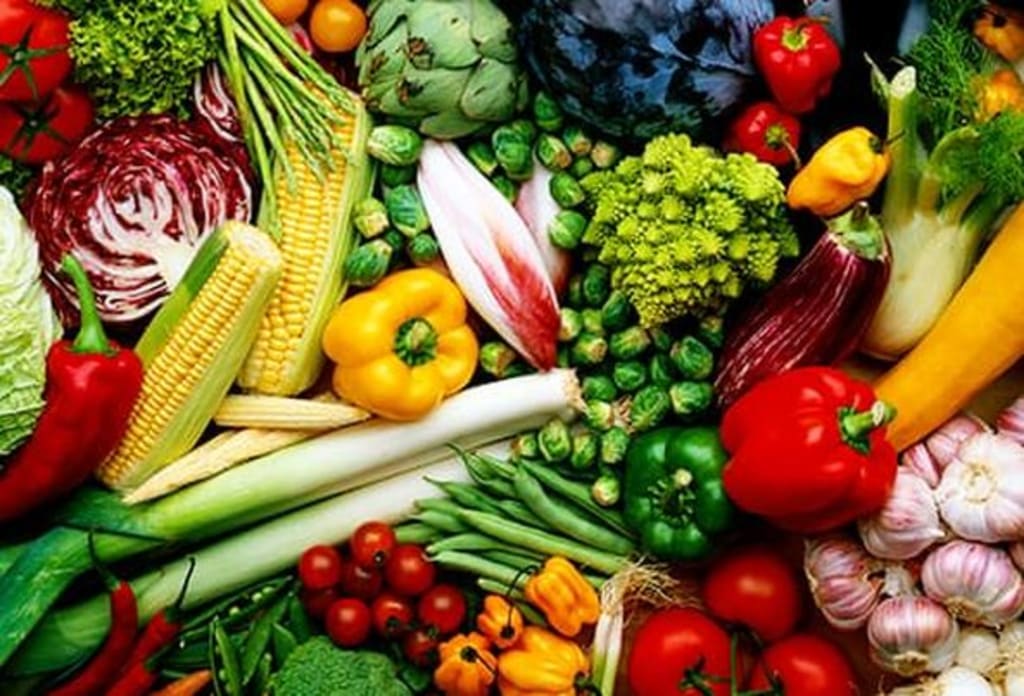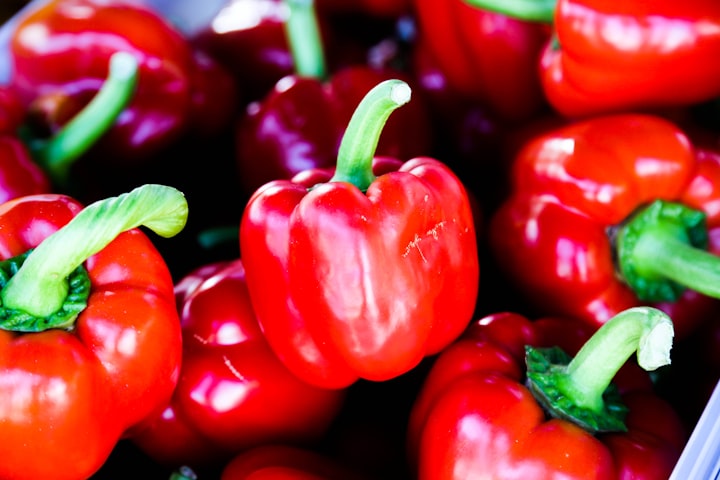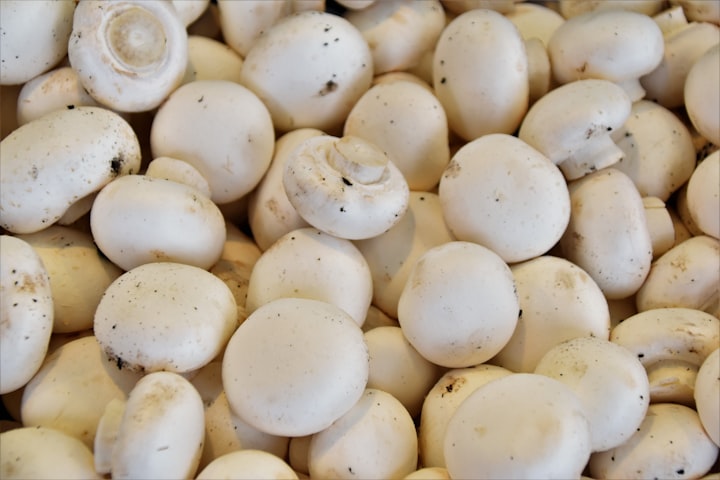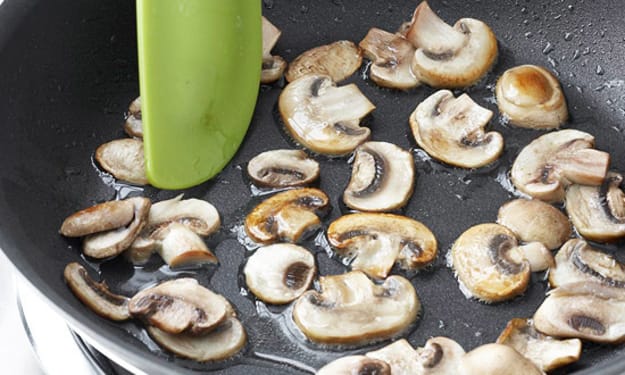Eat Your Vegetables!
Your mother probably told you to eat your vegetables, but which ones?

You probably have heard it said many times, "Eat your vegetables!" Since there are many different vegetables, you might be wondering which ones are best for you to eat.
There are many vegetables that doctors and nutritionists suggest you eat for maximum benefits for your overall health. The following vegetables are just a few of them in alphabetical order.
Asparagus

Asparagus is one of the best vegetables to eat regularly. The stalks contain few calories with lots of fiber, folate, vitamin A, vitamin C, and vitamin K. Asparagus can protect the liver from toxins.
Beets
Beets are full of nitrates, which are good for your blood pressure. You can get fiber and other nutrients from beets that help improve your heart health. Beets also have antioxidants that fight diabetic nerve problems.
Bell Peppers

By definition, bell peppers are actually fruits. However, most people use them as vegetables. One medium bell pepper contains B vitamins, beta carotene, and more than twice the daily need for vitamin C. In fact, bell peppers have more vitamin C than oranges. They also contain antioxidants that help protect eyesight.
Broccoli

Broccoli is a great source of natural chemicals that help lower the risk of some cancers. Each cup of the florets produces plenty of vitamins C and vitamin K. Steamed broccoli can be eaten as a side dish, eaten raw in a salad, or cooked in stir-fries, frittatas, and even used in smoothies.
Brussel Sprouts
Brussel sprouts contain the same vitamins and minerals as broccoli. They also have kaempferol, a compound that reduces the risk of damage to cells.
Carrots

It is true that carrots help with eyesight because they contain about four times the daily recommended amount of vitamin A. They also contain beta-carotene, an antioxidant that can help prevent cancer.
Collard Greens
These popular Southern vegetables have beta-carotene, folate, vitamins C, and vitamin K. Eat 2 or more cups of collard greens every day to boost your daily nutrition, Two cups of raw collards greens are equal to 1 cup of any other vegetable. The recommended daily allowance is 2.5 cups.
Green Peas

Each cup of green peas has 7.2 grams of fiber that helps you feel full. Green peas are good for your digestion and help lower cholesterol levels. Use green peas as a side dish, in soups, dips, potato salads, and pasta dishes.
Kale

Kale is considered to be a superfood. It is packed with nutrients like beta-carotene, vitamin C, and vitamin K. The green leafy vegetable can be cooked and eaten as a side dish. It can also be used in salads, pasta dishes, and wraps.
Mushrooms

Mushrooms are a great meat alternative because they contain protein and fiber. Mushrooms also have vitamins B and D and contribute to helping with cognition, heart health, and disease prevention.
Spinach
Like other green leafy vegetables, spinach has healthy amounts of vitamins A, C, and K as well as manganese. Eating 1.5 cups of green leafy vegetables every day may lower your chances of getting type 2 diabetes. Eat spinach as a side dish, in scrambled eggs, in casseroles, and blend it into smoothies. There are only 7 calories in a cup of raw spinach.
Sweet Potatoes
Like carrots, sweet potatoes contain beta-carotene and vitamin A that improve eye health and fight against cancer. Diabetics should eat sweet potatoes often because they are low on the glycemic index scale and high in fiber. Sweet potatoes are much healthier for you to eat than white potatoes.
Tomatoes

Tomatoes are technically fruits, but people use them as vegetables. They contain a large amount of vitamin C and potassium. Beta-carotene in tomatoes helps to maintain healthy eyesight, and lycopene helps to reduce the risk of cancer.
About the Creator
Margaret Minnicks
Margaret Minnicks shares articles with readers all over the world. Topics include celebrities, royal family, movies, television, foods, drinks, health issues, and other interesting things. Thanks in advance for TIPS that are sent my way.






Comments
There are no comments for this story
Be the first to respond and start the conversation.